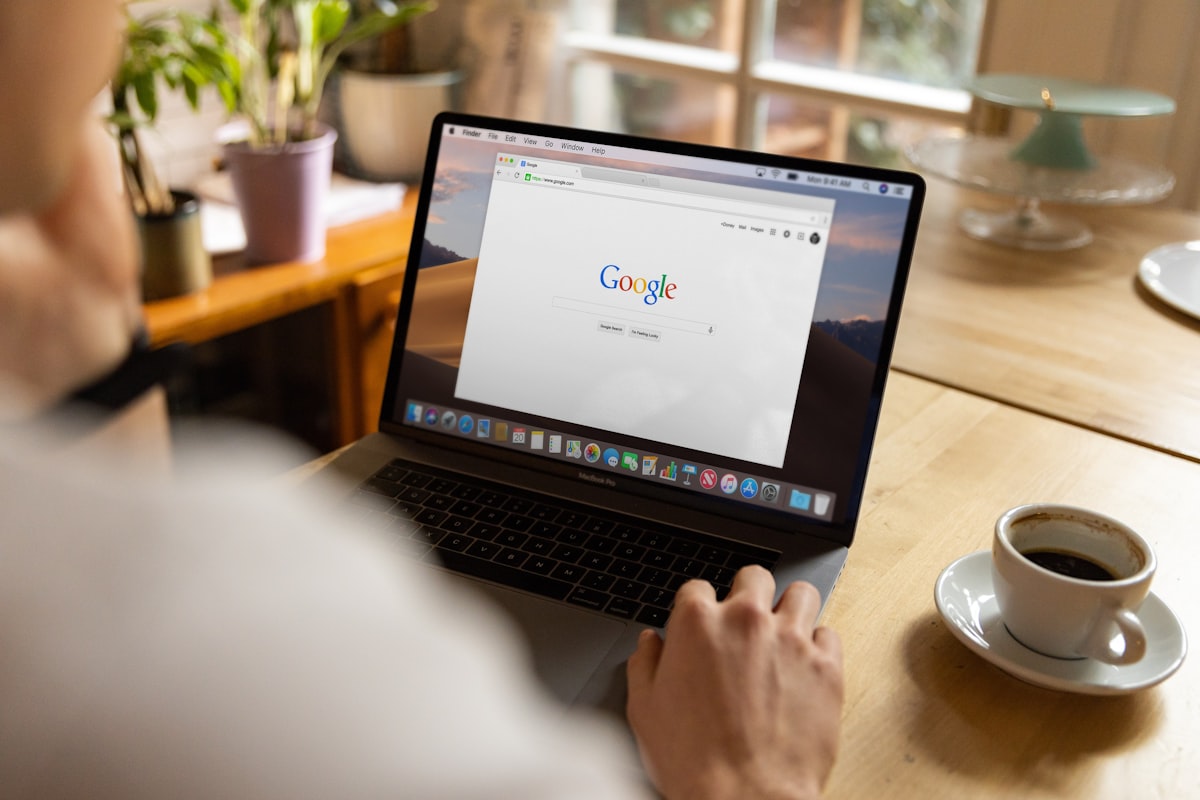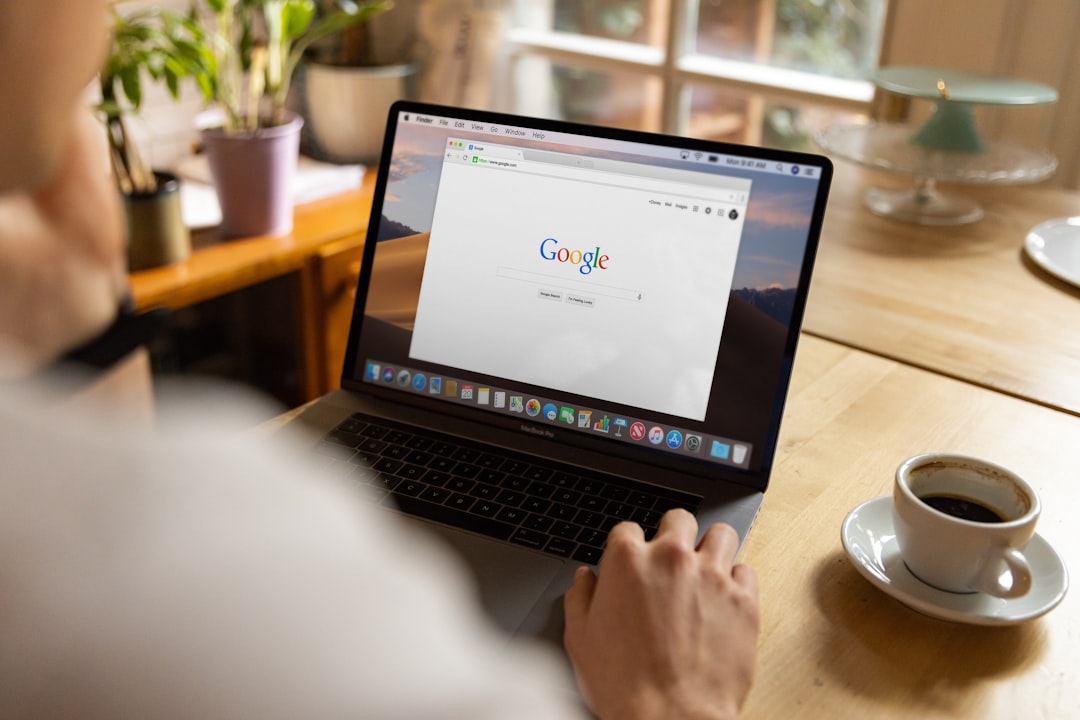Google Delay's Phasing Out Third-Party Cookies until mid-2024
Google is delaying its plan to remove third-party cookies from Chrome to the second half of 2024. But, don't delay owning your first-party data.



Check out 1440 - the fastest way to an impartial point-of-view. The team at 1440 scours over 100+ sources so you don't have to. Culture, science, sports, politics, business, and everything in between - in a five-minute read each morning, 100% free. Sign up now!
Google always seems to be changing things. From search algorithms to timeframes on a cookieless future. Previously, Google said that the plan was to phase out third-party cookies in 2023. Yet, on Wednesday, Google's VP of Privacy Sandbox, Anthony Chavez, announced that they plan to start the beginning of the end in the second half of 2024.
It seems that Google has yet to determine the proper path of what the future will look like while not hurting its business, which is heavily predicated on advertising revenue. As companies move towards a cookieless future, Google has to figure out how to help those companies focus on the new era of privacy-centric advertising without losing relevance. I wrote a piece on using first-party data in a cookieless world a few weeks ago, as 2023 is right around the corner as we edge closer to Q4 of 2022.
Related Article: First Party Data in a Cookieless World
OVERWRITE MEDIA RESOURCES
Marketing resources to help your business grow!
Our marketing resources will help you take your business to the next level. From a free Automated Email Funnel eBook to crushing your PPC campaigns, we have something for everyone.
Google started a Privacy Sandbox initiative "to collaborate with the ecosystem on developing privacy-preserving alternatives to third-party cookies and other forms of cross-site tracking," according to Chavez. There have been mixed results with the trials with developers, thus far, resulting in the delay and refinement of the next iterations of advertising. Chavez gave some insight into the current state:





